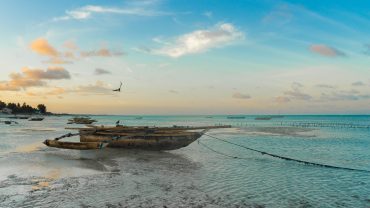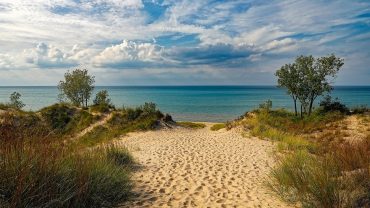The Maasai people are one of the most iconic and fascinating cultures in Africa.
Known for their colorful dress, proud traditions, and deep connection to the land, the Maasai offer a glimpse into a way of life that has endured for centuries.
Here’s what makes the Maasai culture so special:
1. The Traditional Maasai Dress
The Maasai are instantly recognizable by their bright shukas — the red and blue patterned cloths they wear wrapped around their bodies.
Red symbolizes bravery, strength, and the protection of cattle.
Men often carry a spear or a rungu (wooden club), while women wear stunning handmade beaded jewelry.
2. The Importance of Cattle
Cattle are at the heart of Maasai life.
They are a source of food, wealth, and social status.
A man’s success is often measured by the size of his herd, and cattle feature prominently in ceremonies and dowries.
3. Maasai Language and Oral Traditions
The Maasai speak the Maa language, but many also speak Swahili and English.
Stories, legends, and histories are passed down orally through generations, preserving the community’s knowledge and values.
4. Unique Rites of Passage
The Maasai have strong traditions around life stages:
-
Emuratta (circumcision ceremony) marks the passage from boyhood to warriorhood.
-
Enkipaata (initiation for young men) includes teachings about responsibility and community leadership.
-
Eunoto (graduation to elderhood) celebrates those becoming senior warriors and future leaders.
5. Traditional Maasai Homes (Manyattas)
Maasai homes, called manyattas, are built by women using mud, sticks, grass, and cow dung.
They are designed to be temporary, reflecting the semi-nomadic lifestyle as the Maasai move with their cattle in search of pasture.
6. Music and Dance
Music is a vital part of Maasai culture.
Singing, chanting, and rhythmic movements are used in ceremonies and celebrations.
The famous adumu (jumping dance) performed by Maasai warriors during ceremonies is a must-see!
7. Modern Challenges and Changes
While many Maasai maintain their traditional lifestyle, others are adapting to modern life through education, entrepreneurship, and conservation efforts.
Despite these changes, the Maasai remain deeply proud of their heritage.
Visiting a Maasai community is more than just a cultural tour — it’s a powerful experience of tradition, resilience, and beauty.
If you travel to Kenya, take the time to meet the Maasai, listen to their stories, and witness a living culture that continues to inspire the world.



Comment (0)